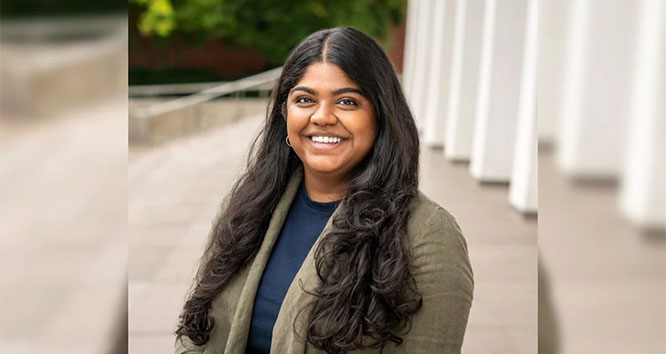New Delhi, Sept 13: The Ministry of Health and Family Welfare has prohibited the manufacture for sale, sale or distribution for human use of 328 Fixed Dose Combinations (FDCs) with immediate effect.
It has also restricted the manufacture, sale or distribution of six FDCs subject to certain conditions.
'The Ministry of Health and Family Welfare has, in exercise of powers conferred by section 26A of the Drugs and Cosmetics Act, 1940, prohibited the manufacture for sale, sale or distribution for human use of 328 FDCs through its gazette notifications dated September 7, 2018; it has also restricted the manufacture, sale or distribution of six FDCs subject to certain conditions. These notifications will take immediate effect,'a statement by the ministry said on Wednesday.
Earlier, the Central Government had, through its notifications published on March 10, 2016 in the Gazette of India, prohibited the manufacture for sale, sale and distribution for human use of 344 FDCs under section 26 A of the Drugs and Cosmetics Act, 1940.
Subsequently, the Government had prohibited five more FDCs in addition to the 344 under the same provisions.
However, the matter was contested by the affected manufacturers in various High Courts and the Supreme Court.
In compliance with the directions given by the Supreme Court in its judgment dated December 15, 2017, the matter was examined by the Drugs Technical Advisory Board constituted under section 5 of the Drugs and Cosmetics Act, 1940 which furnished its report on these drugs to the Central Government.
The Drugs Technical Advisory Board recommended, amongst other things, that there is no therapeutic justification for the ingredients contained in 328 FDCs and that these FDCs may involve risk to human beings.
The Board recommended that it is necessary to prohibit the manufacture, sale or distribution of these FDCs under section 26 A of the Drugs and Cosmetics Act, 1940 in the larger public interest.
With regard to six FDCs, the Board recommended that their manufacture, sale and distribution be restricted subject to certain conditions based on their therapeutic justification.
Fifteen FDCs out of the 344 prohibited on March 10 , 2016, which were claimed to be manufactured prior to September 21, 1988, have been kept out of the purview of current notifications.
Earlier, an Expert Committee appointed by the Central Government had also examined these FDCs and made recommendations in line with those of the Board as indicated above.
The Central Government considered the recommendations of the Expert Committee and Drugs Technical Advisory Board, and based on such consideration, it was concluded that it is necessary and expedient in public interest to prohibit the manufacture for sale, sale and distribution for human use of these 328 FDCs in the country.








Comments
Add new comment